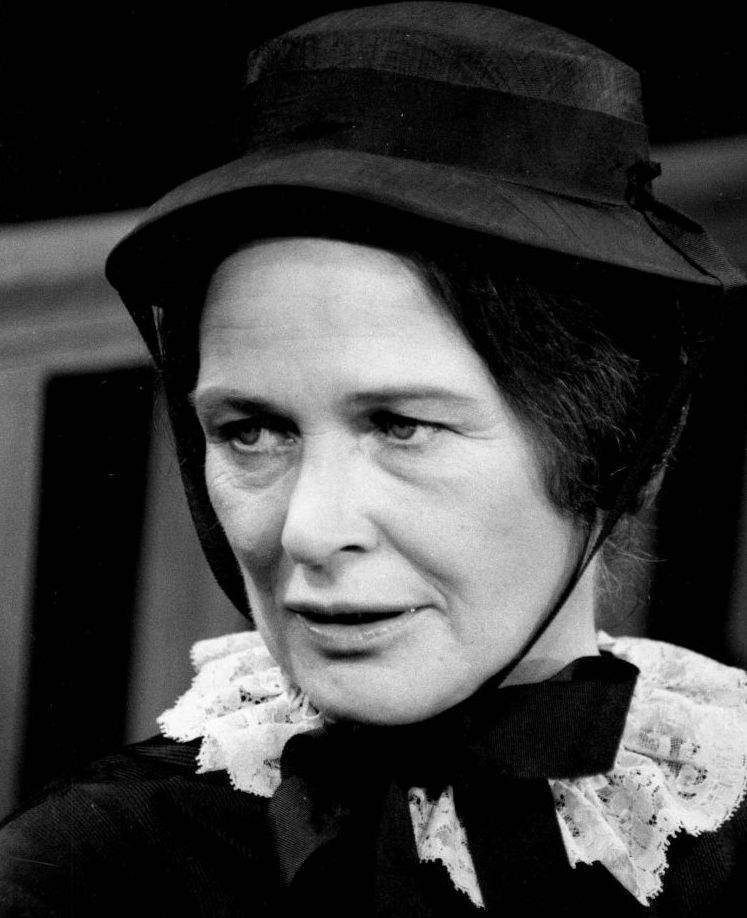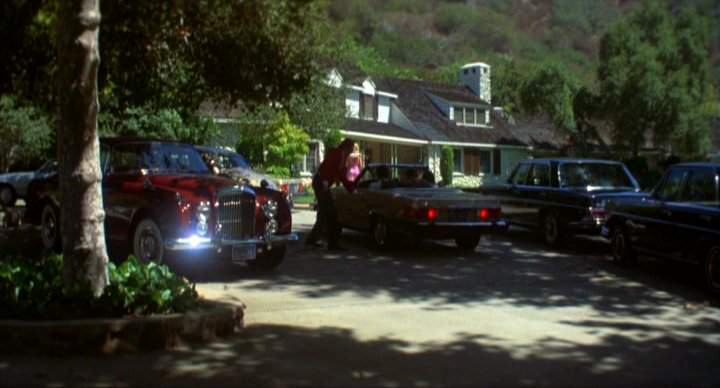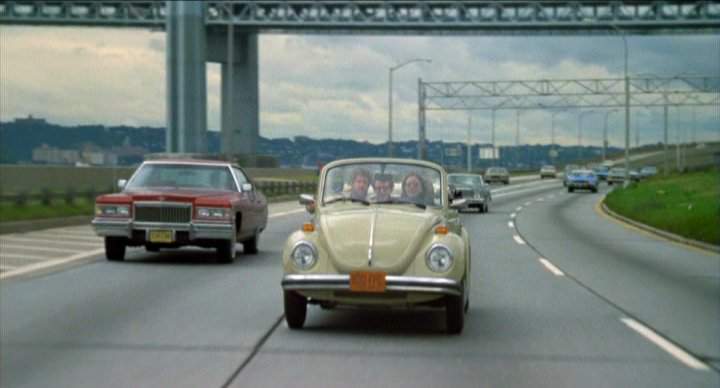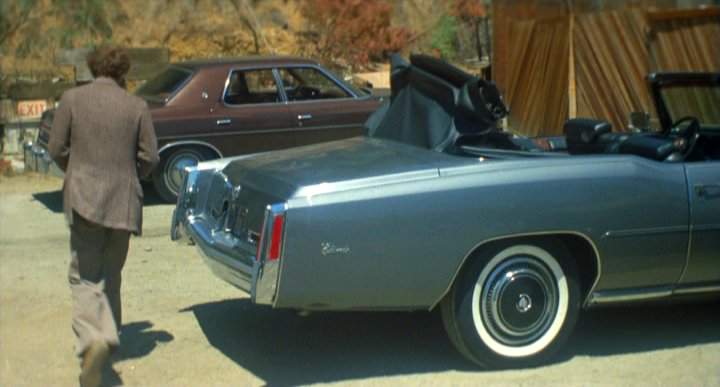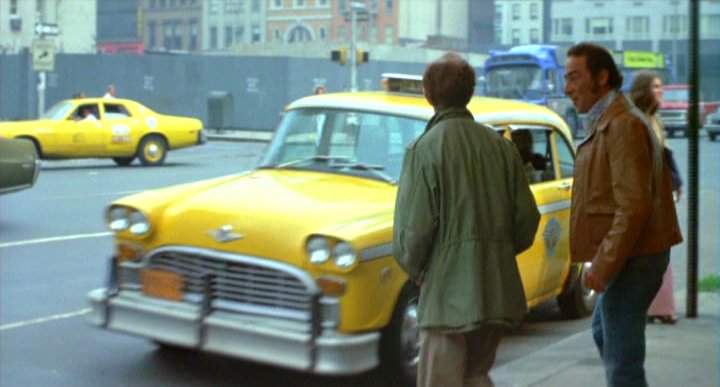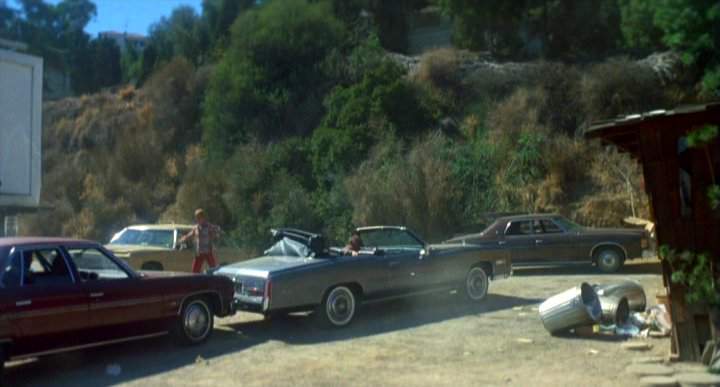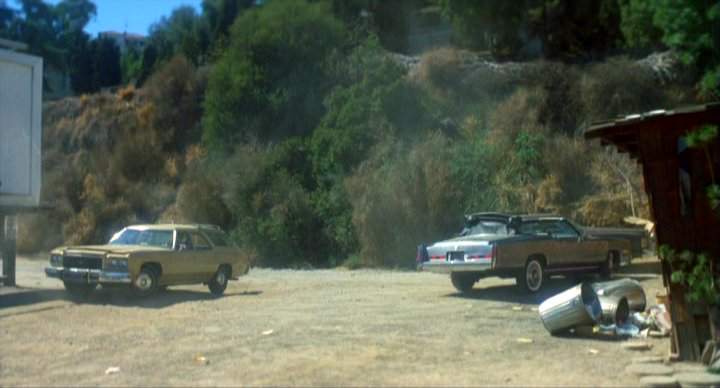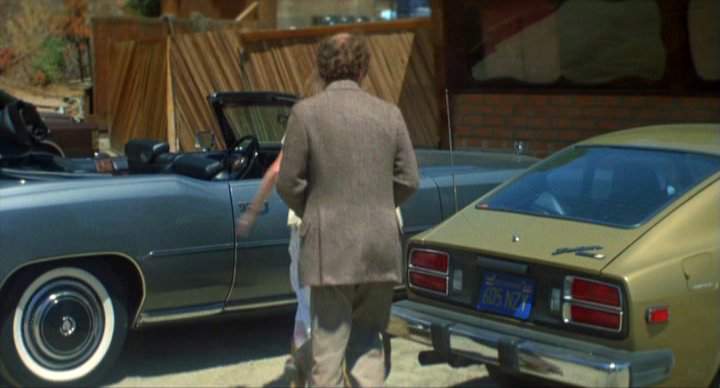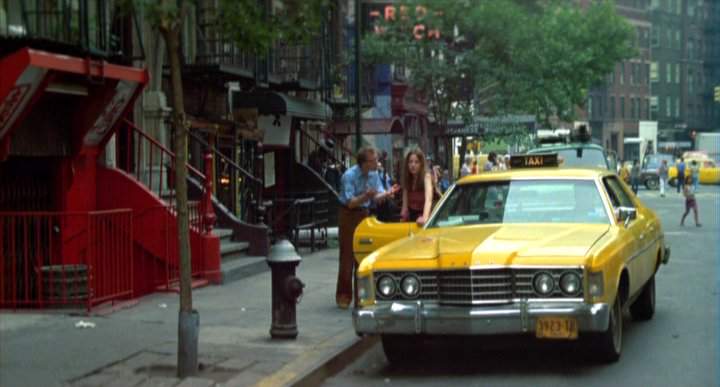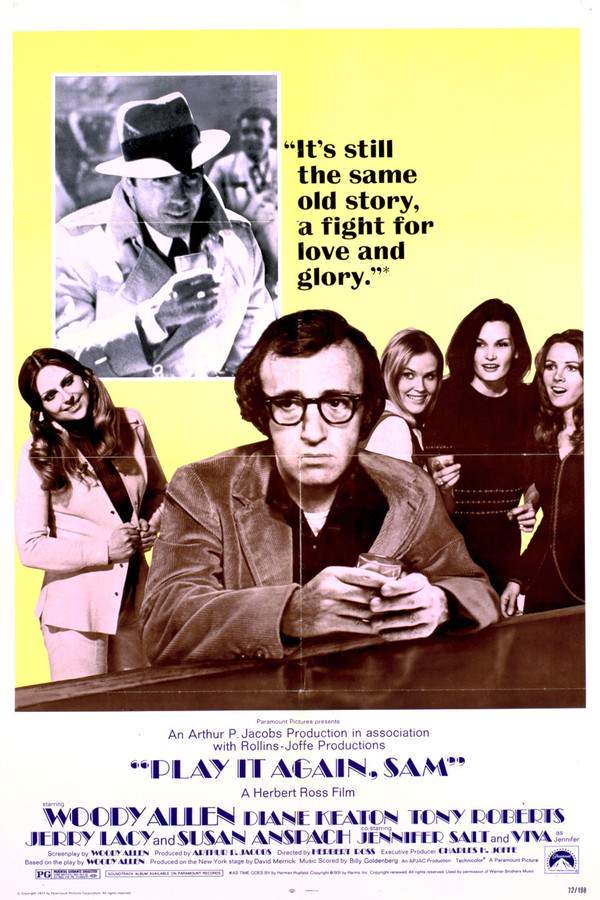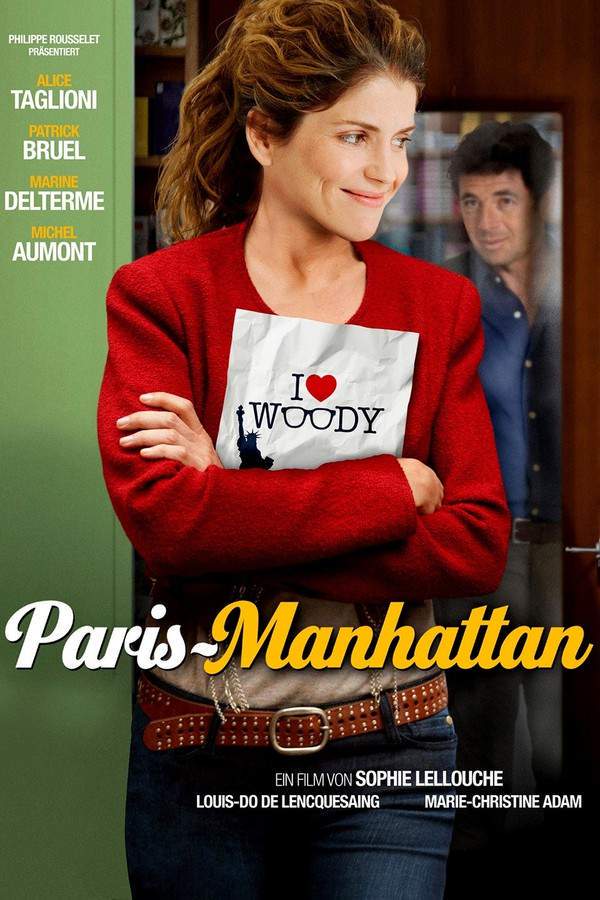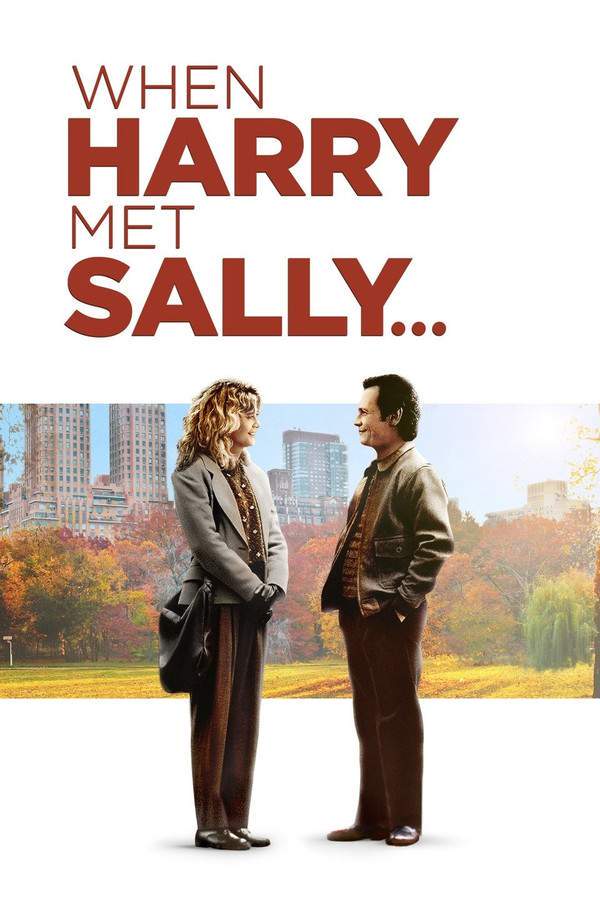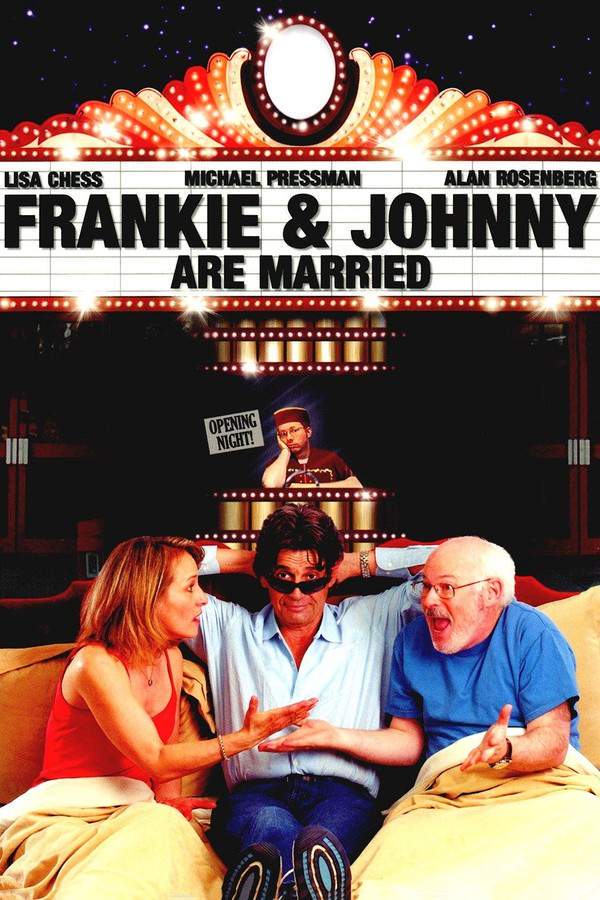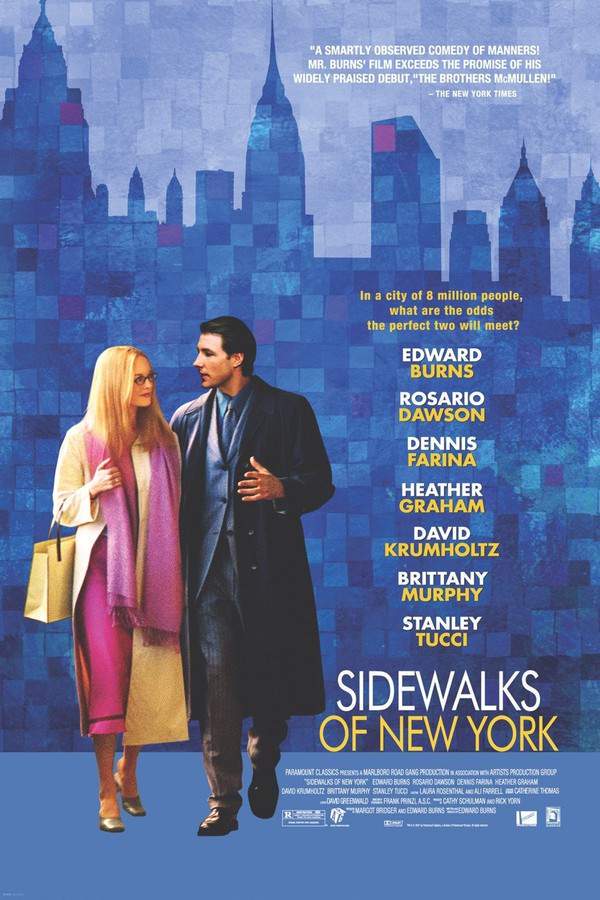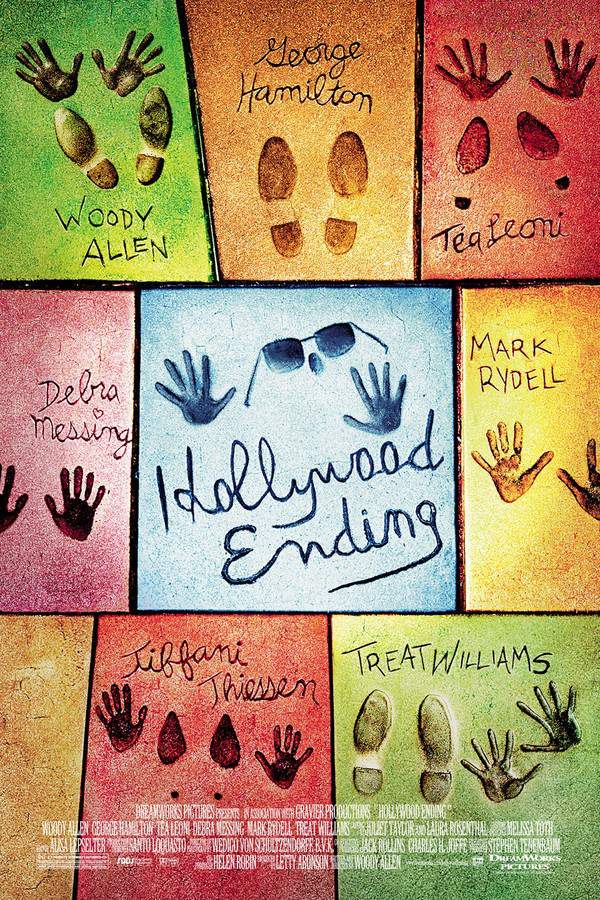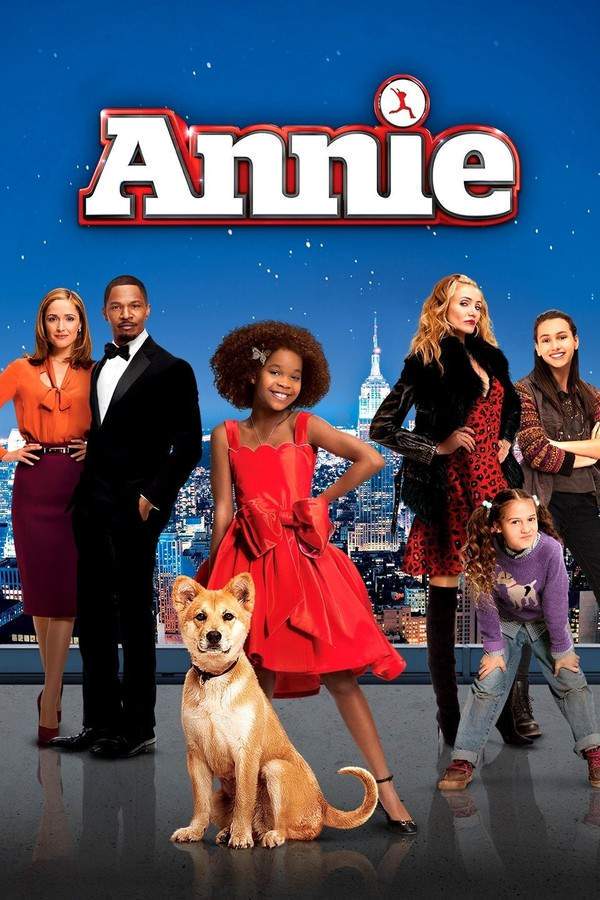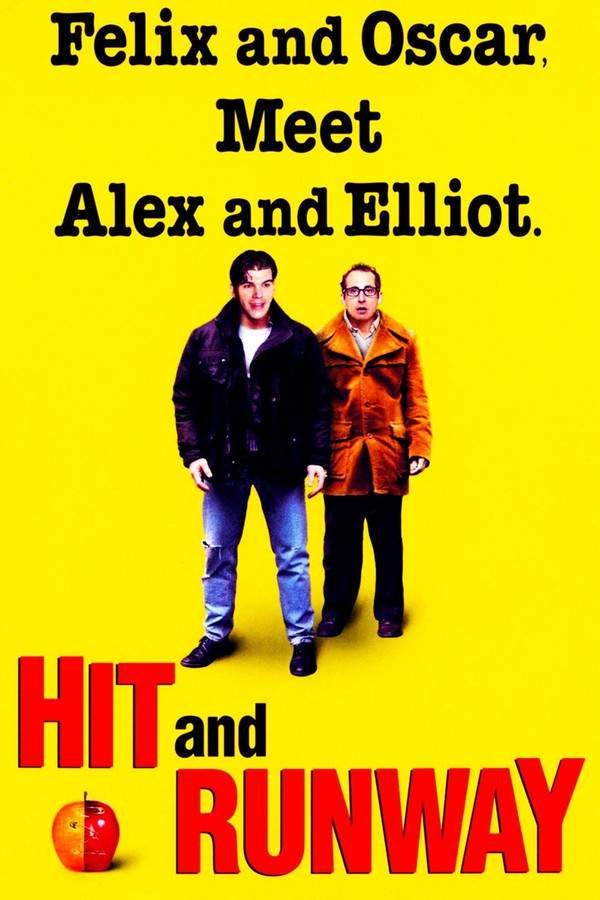Annie Hall 1977
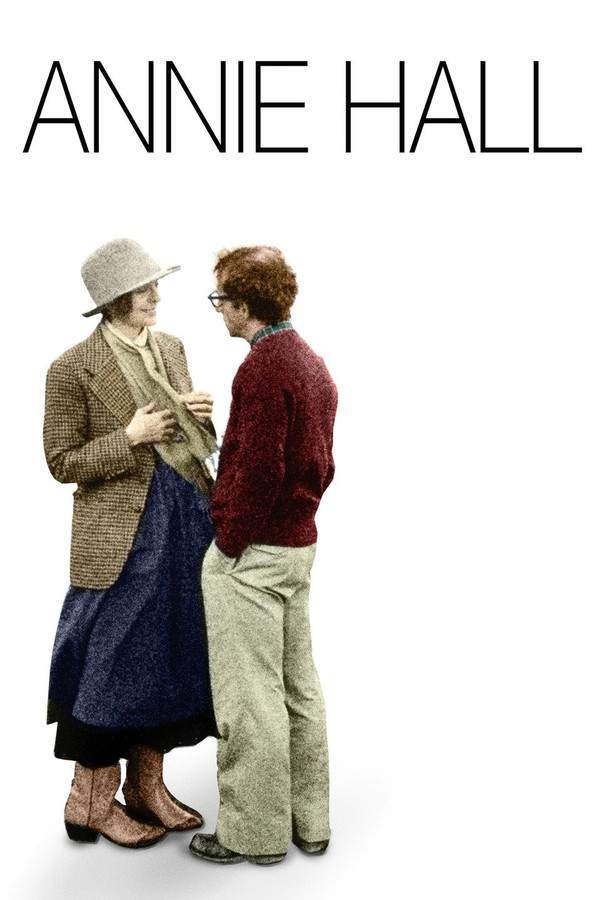
A quirky and insightful comedy, the film follows a neurotic playwright and his relationship with Annie Hall, a charming and free-spirited aspiring singer. Their romance begins as a whirlwind adventure, but as they navigate the complexities of love and life in New York City, Woody’s anxieties and insecurities begin to challenge their connection and ultimately impact their future together.
Does Annie Hall have end credit scenes?
No!
Annie Hall does not have end credit scenes. You can leave when the credits roll.
Meet the Full Cast and Actors of Annie Hall
Explore the complete cast of Annie Hall, including both lead and supporting actors. Learn who plays each character, discover their past roles and achievements, and find out what makes this ensemble cast stand out in the world of film and television.
External Links and Streaming Options
Discover where to watch Annie Hall online, including streaming platforms, rental options, and official sources. Compare reviews, ratings, and in-depth movie information across sites like IMDb, TMDb, Wikipedia or Rotten Tomatoes.
Ratings and Reviews for Annie Hall
See how Annie Hall is rated across major platforms like IMDb, Metacritic, and TMDb. Compare audience scores and critic reviews to understand where Annie Hall stands among top-rated movies in its genre.

92
Metascore
7.1
User Score


97%
TOMATOMETER

92%
User Score

7.9 /10
IMDb Rating

77
%
User Score
Take the Ultimate Annie Hall Movie Quiz
Challenge your knowledge of Annie Hall with this fun and interactive movie quiz. Test yourself on key plot points, iconic characters, hidden details, and memorable moments to see how well you really know the film.
Annie Hall Quiz: Test your knowledge about Woody Allen's classic film Annie Hall and its themes of love, humor, and relationships.
What is the name of the main character played by Woody Allen?
Alvy Singer
Bob Harris
Harry Burns
Sam Wheat
Show hint
Full Plot Summary and Ending Explained for Annie Hall
Read the complete plot summary of Annie Hall, including all major events, twists, and the full ending explained in detail. Explore key characters, themes, hidden meanings, and everything you need to understand the story from beginning to end.
The tumultuous journey of Alvy Singer, played by Woody Allen, revolves around his attempts to comprehend the end of his relationship with Annie Hall, portrayed by Diane Keaton, a year after their separation. Growing up in the vibrant streets of New York, Alvy perplexed his mother, Joan Newman, with profound queries about life’s inherent emptiness while exhibiting a precocious and innocent curiosity about sexuality. At nearly 40 years old, Alvy is fundamentally a pessimist, believing that life is filled with suffering and that after all the turmoil, it concludes far too swiftly.
As a child, he experienced deep melancholy upon realizing the Universe’s expansion, fearing it would eventually lead to total annihilation. Living beneath the roller coasters of Coney Island, his upbringing under the watchful eye of his father, Mordecai Lawner, who helmed the bumper car section, contributed to his anxious demeanor. With subpar teachers and far less intelligent peers, Alvy’s early encounters with love began at the tender age of six, where he glimpsed a healthy sexual curiosity.
In a poignant scene, while in line for a Bergman film, Alvy and Annie encounter a man who misinterprets the thoughts of media theorist Marshall McLuhan. Interestingly, McLuhan himself intervenes to clarify the confusion. During this moment, Annie’s mood sours, and Alvy becomes increasingly self-absorbed. She perceives Alvy as deeply egotistical, interpreting events solely through the lens of how they impact him. Assuming that her bad mood results from a hormonal change, Alvy navigates through their rift—with their intimacy and communication faltering.
That night, what starts as a discussion about Alvy’s first wife, Allison, played by Carol Kane, quickly delves into the deficiencies of their past sexual experiences—where Alvy was more intrigued by the political discussions of the time than by Allison herself. Further reflecting on his past, Alvy shares his second marriage to a New York intellectual, which lacked pleasure as Alvy’s focus drifted to basketball rather than their marital bond.
With Annie, however, things take a different turn. The two share joyful moments, like preparing a meal of boiled lobster, where Alvy playfully ridicules Annie’s quirky past relationships—like Dennis, her high school beau, and Jerry, the actor with an affinity for cliched artistic dialogue, whom Annie finds off-putting.
Their romance blossoms on the tennis court after what seemed like awkward banter transforms into an enticing flirtation over a glass of wine. Following Annie’s audition that sees her crooning “It Had to be You,” their first date takes unexpected turns. Alvy urges a kiss as a mere formality, only to find himself overwhelmed after their passionate encounter. While Alvy grapples with his emotions, Annie effortlessly lounges with a joint post-lovemaking, adding layers to their relationship.
As they navigate through the intricacies of love, Alvy soon realizes Annie’s admission of love comes with its own set of complications, like the tension arising from his need for her to pursue education, leading her to feel underestimated. Unbeknownst to them, a visit to her family in Chippewa Falls, Wisconsin, entails a cultural disconnect, particularly with her grandmother’s outdated views.
Through a tide of struggles, including a miscommunication that finds Alvy confronting Annie about her newfound closeness with a college professor, he searches for external validation about love, even requesting insight from random strangers. This culminates in a playful yet tragic dynamic, as their relationship reaches an inevitable conclusion filled with neuroses and disappointing encounters.
Despite attempts at rekindling the flame, including a desperate marriage proposal after losing her to a record producer, the separation becomes palpable. Alvy’s attempts to reframe their story culminate in a play that presents an altered ending, showcasing the complexity of love—its necessity, even when clouded by neurosis. The film closes on a wistful note on New York’s Upper West Side, capturing the essence of love as Annie performs “Seems Like Old Times”, leaving audiences with a profound reflection on the nature of relationships and the bittersweet memories they leave behind.
Uncover the Details: Timeline, Characters, Themes, and Beyond!

Coming soon on iOS and Android
The Plot Explained Mobile App
From blockbusters to hidden gems — dive into movie stories anytime, anywhere. Save your favorites, discover plots faster, and never miss a twist again.
Sign up to be the first to know when we launch. Your email stays private — always.
Watch Trailers, Clips & Behind-the-Scenes for Annie Hall
Watch official trailers, exclusive clips, cast interviews, and behind-the-scenes footage from Annie Hall. Dive deeper into the making of the film, its standout moments, and key production insights.
Cars Featured in Annie Hall
Explore all cars featured in Annie Hall, including their makes, models, scenes they appear in, and their significance to the plot. A must-read for car enthusiasts and movie buffs alike.
Annie Hall Themes and Keywords
Discover the central themes, ideas, and keywords that define the movie’s story, tone, and message. Analyze the film’s deeper meanings, genre influences, and recurring concepts.
Annie Hall Other Names and Titles
Explore the various alternative titles, translations, and other names used for Annie Hall across different regions and languages. Understand how the film is marketed and recognized worldwide.
Similar Movies To Annie Hall You Should Know About
Browse a curated list of movies similar in genre, tone, characters, or story structure. Discover new titles like the one you're watching, perfect for fans of related plots, vibes, or cinematic styles.
Quick Links: Summary, Cast, Ratings, More

What's After the Movie?
Not sure whether to stay after the credits? Find out!
Explore Our Movie Platform
New Movie Releases (2025)
Famous Movie Actors
Top Film Production Studios
Movie Plot Summaries & Endings
Major Movie Awards & Winners
Best Concert Films & Music Documentaries
Movie Collections and Curated Lists
© 2025 What's After the Movie. All rights reserved.










